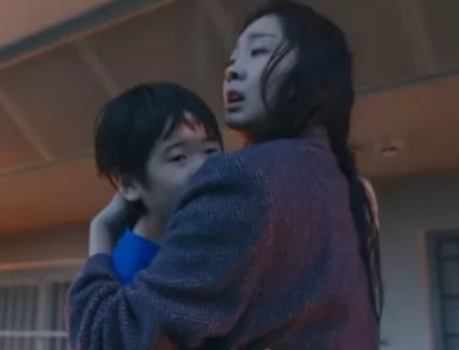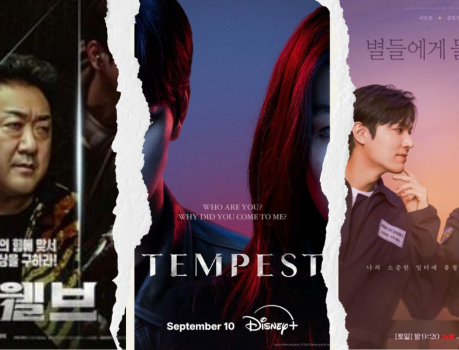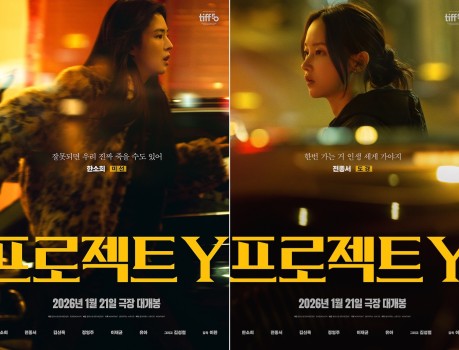"Spirits' Homecoming," a film directed by Cho Jung Lae, is currently touring U.S. campuses. The 2015 film focuses on the controversial topic of the 200,000 Korean women forced to work in Japanese military brothels during World War II. They were euphemistically known as comfort women.
Director Cho Jung Lae was inspired to make his film after he saw a painting by one of the comfort women survivors. It showed her memory of soldiers taking young sex slaves to a burning pit. He could not erase the image from his mind.
It was not an easy film for Cho to make as the subject was very controversial and he was an indie filmmaker with few options for financial backing.
In an interview with The New York Times in March 2015, he spoke about the opposition he faced while trying to raise money for his film.
"They asked me why I wanted to throw salt on an old wound," said Cho. "They see the subject of comfort women as a history of shame."
Since Cho knew he could not get commercial funding, he crowdsourced the film and about 70,000 people contributed. A few of the actors worked without pay.
Cho's film focuses on the fictional story of two young girls who were forced to become comfort women during the war. But the story is based on his interviews with surviving comfort women.
The film took Cho more than a decade to make. While he was filming it, Japan filed a lawsuit against the film, claiming there was no evidence that Japanese soldiers took Korean women by force. Despite the difficulties, the film was finally released in 2015. Cho wanted to release it to coincide with the 70th anniversary of Japan's surrender in World War II.
The subject still remains controversial and continues to factor in the relationship between Japan and Korea. Only 46 of the 200,000 women are alive today. It is possible that the release of the film early in 2015 played a part in Japan finally offering an official apology for the wartime actions later that year. In December 2015 South Korea officially accepted Japan's apology. Japan offered to contribute around $8 million to a victim's fund for former comfort women but did not accept any legal responsibility. Part of the deal was that this ended any discussions about past actions. According to a recent article in the English news outlet The Guardian, some of the surviving comfort women said that the apology was not enough.
The film will be shown at the University of Connecticut, Brown University and Northern Virginia Community College.











